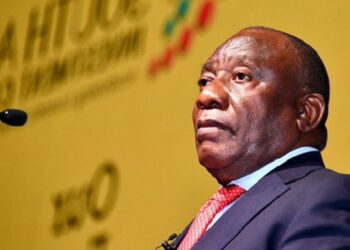By Ebi Kesiena
China’s economic challenges have led to a significant decline in its billionaire population.
According to a latest research from the Hurun Report, the number of dollar billionaires in the country has plummeted from a peak of 1,185 in 2021 to just 753 in 2023, marking a staggering 36% drop.
This decline reflects a combination of government crackdowns, economic slowdown, and volatile equity markets.
Over the past year alone, the number of billionaires has fallen by 16%, even as the renminbi depreciated only slightly against the dollar.
The landscape of wealth is changing, with a new generation of entrepreneurs emerging.
Founder of ByteDance (TikTok’s parent company), Zhang Yiming now tops the list with a fortune of $49 billion. In contrast, bottled water magnate Zhong Shanshan saw a sharp 40% decline in stock prices due to social media controversies.
Meanwhile, Chair of the Hurun Report, Rupert Hoogewerf noted that this marks the third consecutive year of decline in China’s billionaire count, highlighting broader economic woes, particularly in the real estate sector, once a wealth cornerstone. The shift suggests older property tycoons are losing ground to those in e-commerce and technology, pointing to a changing market dynamic.
This wealth transition presents an opportunity for reflection on the fleeting nature of material success and the importance of community contributions. As the billionaire ranks thin, China’s wealthy elite may be prompted to reconsider their priorities, emphasizing values of stewardship, compassion, and innovation that extend beyond profit.
The reshaping of this landscape could inspire a focus on lasting impact and meaningful contributions to society.




































